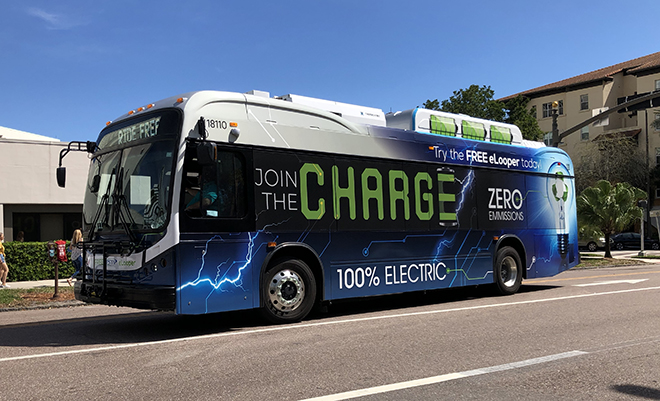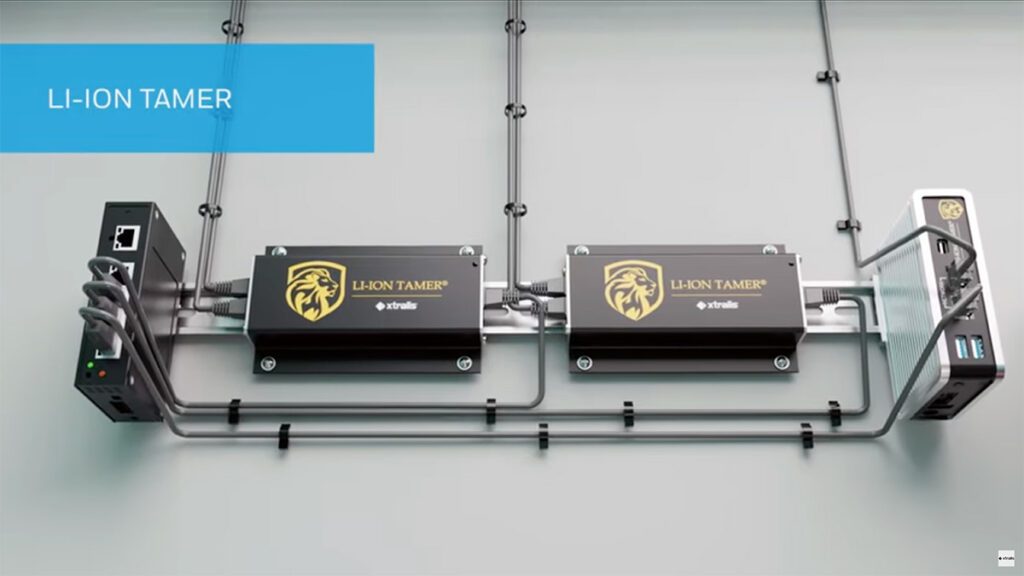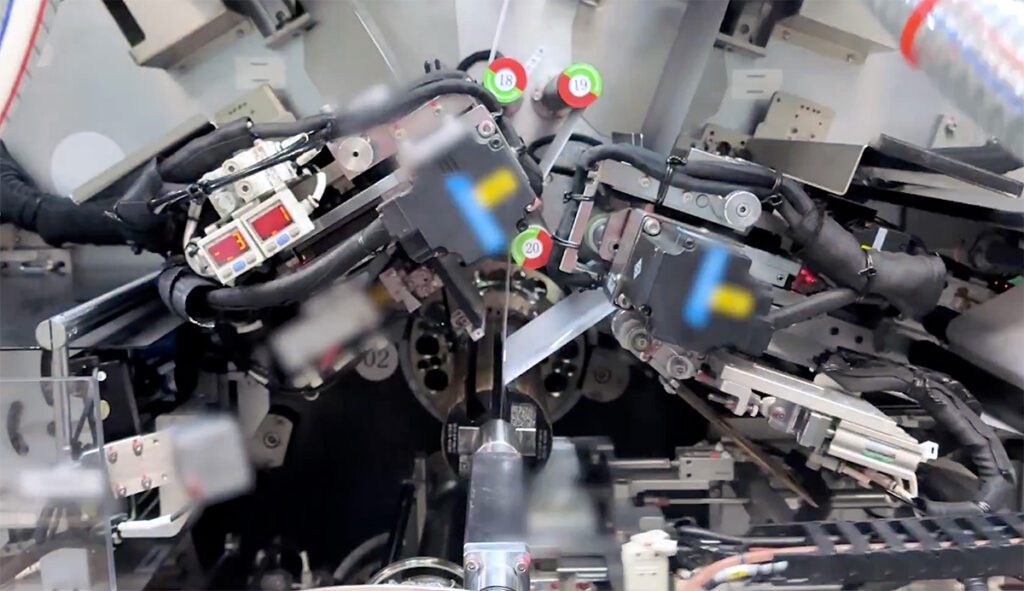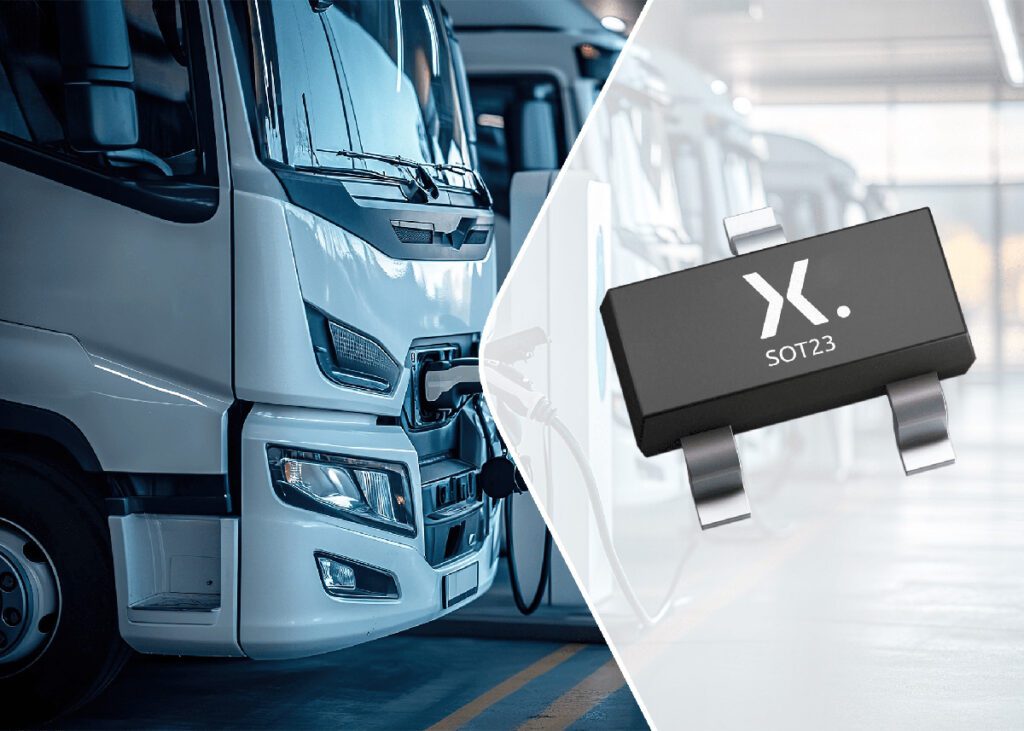America’s largest metropolitan areas could save an average of 37 percent on fuel costs by electrifying buses and light-duty fleet vehicles, according to a report by EV charging company AMPLY Power. The report also found that charging regimes focused on off-peak hours can save up to 60 percent compared to internal combustion engine (ICE) vehicles and unmanaged EV fleets.
To conduct the analysis, AMPLY compiled public data to create a dollar-per-gallon equivalent (DPGe) rating, which the company says offers a direct comparison between the price of electricity and gas or diesel. A white paper provides a price comparison of electric-to-gasoline for the 25 largest cities in the US.
To calculate DPGe, AMPLY incorporates region-specific electricity rates, charging strategies, and vehicle class efficiencies into a single metric. The cities with the highest estimated savings from electrifying buses are Portland, Oregon (82 percent), Tampa, Florida (79 percent), and Seattle (78 percent). The city with the lowest savings is Detroit (12 percent).
AMPLY also found that 19 of the 25 cities could decrease fuel costs by electrifying light-duty fleets. The cities with the highest savings include Portland, Oregon (69 percent), Seattle (63 percent), and San Francisco/Oakland (62 percent).
Vic Shao, AMPLY CEO, said, “Optimizing fleet electrification programs to maximize fuel savings requires planning and due diligence based on a fleet’s location and other factors. While this may seem complex, we challenge fleet operators to embrace these intricacies, and realize the real economic value in switching to electric.”
Simon Lonsdale, Head of Sales and Strategy at AMPLY, said, “Savings realized from EVs can easily be torpedoed if a fleet is charging at peak rates, or charging activities trigger demand charges. For instance, in New York City, it could be more costly to transition a light-duty fleet without a managed charging strategy. However, with management, a transition could yield almost 20 percent savings. This finding illustrates both the opportunity and the risks associated with fleet electrification, and why managed charging is vital to ensuring the full economic benefits.”
Source: AMPLY





















































































